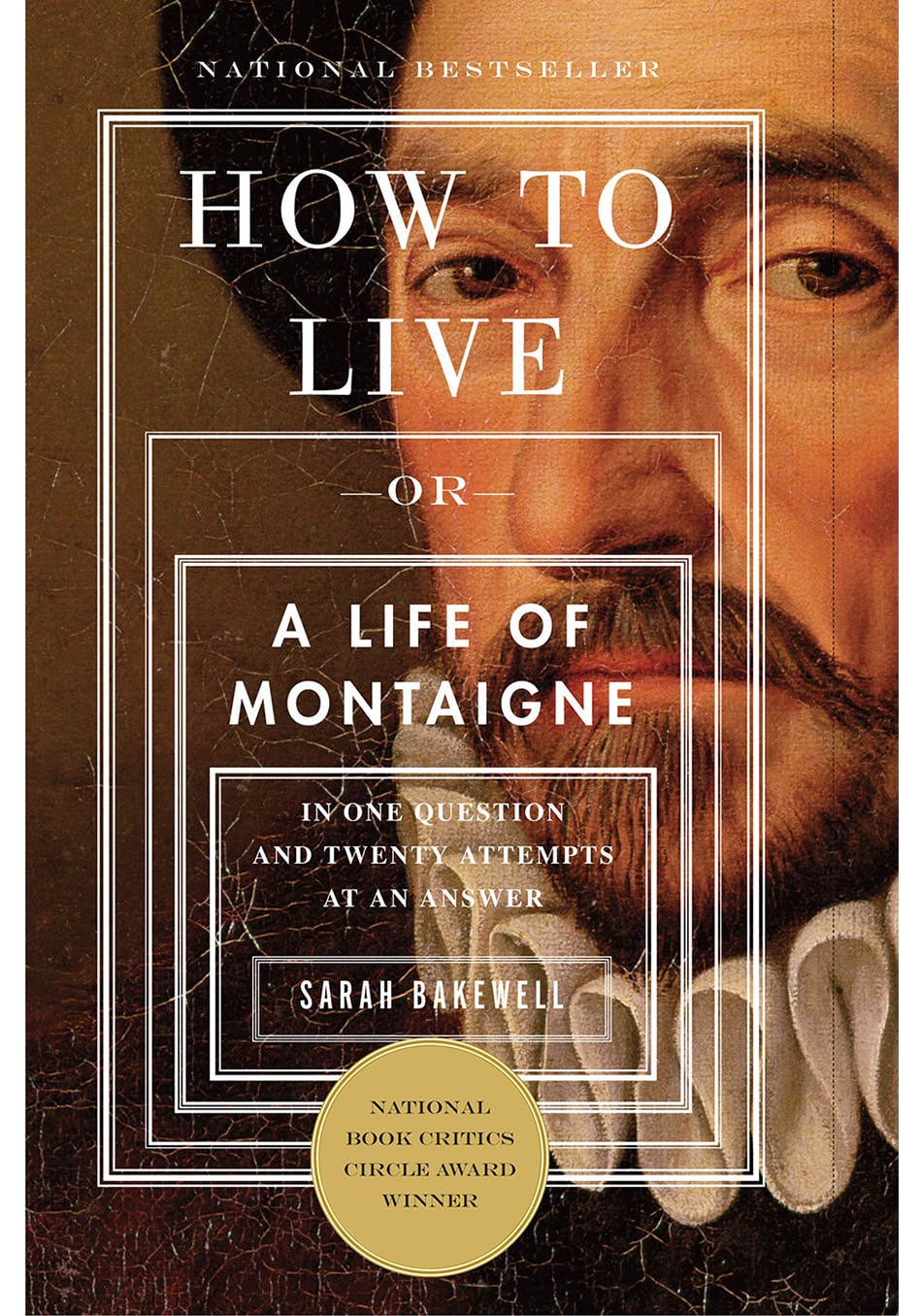By Otilia Aionesei
When I think about sixteen-century European writers, I think of a heavily ornamented writing style and grand themes such as history, religion and ethics. I had no reason to believe Montaigne will be different than most Renaissance writers, but what I discovered in Sarah Bakewell’s How to Live: A Life of Montaigne is a modern thinker in every sense of the word. The book is a short biography of Montaigne, and a wonderful celebration of being alive and conscious. Every chapter is based on one of Montaigne’s Essays, and attempts to answer questions such as how to cope with loss, death, or failure? In teaching how to live, Montaigne exposes as accurately as possible how he felt when he himself faced these dilemmas. He does not attempt to answer how you should live, as he is more interested in human emotions rather than the ethical fabric of our actions. His sincerity, his humbleness, and the modern character of his themes will strike you. So, it is worth looking at all twenty questions explored by Bakewell in her book, because every single one of them can resonate with twenty first century readers.
How to Live:
- Don’t worry about death: Focus on being alive instead.
- Pay Attention: The present is the most immediate, so pay full attention to it.
- Be Born: The first years of your life will determine who you will become.
- Read a lot, forget most of what you read, and be slow-witted: Forgetting what you’ve learned will allow you to follow your own naked thinking rather than others’ ideas – which can be deceiving.
- Survive love and loss: Transform a being from a real-life person into an entity entirely under your control and live for others such as your friends. Montaigne also discovered the therapeutic benefit of writing when coping with loss.
- Use little tricks: Use tricks of your imaginations when dealing with mild emotions or severe depression. If you grieve the loss of something valuable pretend that you never had it in the first place. On the other hand, if you are tired of your possessions, pretend you have lost everything. You can’t miss what you never had.
- Question everything: Always investigate knowledge before accepting it.
- Keep a private room behind the shop: Escape daily in your own, private space.
- Be convivial. Live with others: Be social, and open to debates and conversations.
- Wake from the sleep of habit: See things from others’ perspective. Patters can be threatening to your intellect and wellbeing.
- Live temperately: Don’t try to be extraordinary. Being truly human means being moderate and accepting that we all share the same human condition.
- Guard you humanity: Don’t get too involved in the affairs of the world.
- Do something no one had done before: Write, be creative, be innovative.
- See the world: Travel the world with your eyes wide open.
- Do a good job, but not too good a job: If you are good at something, be aware of the responsibilities attached to your talent.
- Philosophize only by accident: Do not try to be a philosopher, nor a moralist, simply write from the heart.
- Reflect on everything. Regret nothing: Accept whatever happens in life and don’t attempt to change the past.
- Give up control: When you write or create art you need to accept that others will criticize and do what they please with your work.
- Be ordinary and imperfect: Learn to live and embrace your own imperfections. Flaws are the fundamental conditions of humans’ lives.
- Let life be its own answer: The answer to “How to live?” is in you. Montaigne suggests this by offering his own life experiences as an example.
How to live is in essence Montaigne’s blueprint of eudaimonia – a way of living that can best be translated as happiness.

really great!
So true
OK